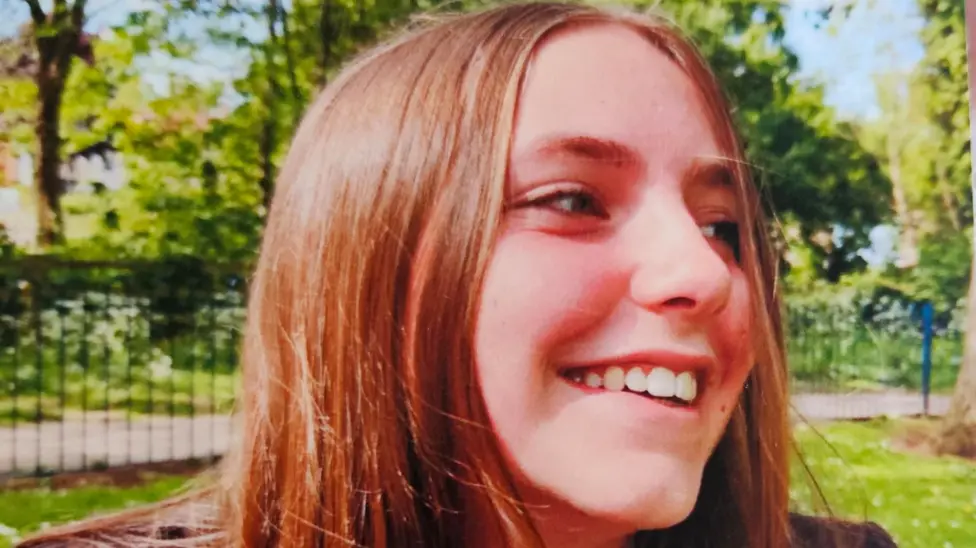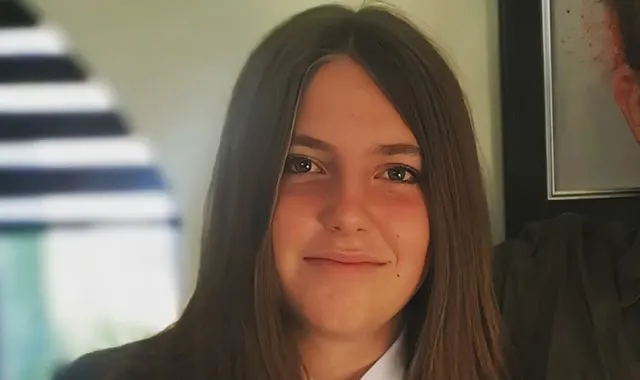Posted: 16/10/2024
Chloe Longster Inquest: 13 year old could have lived
Reading Time: 3 minutes
Inquest concludes that 13 year old girl could have lived, had there not been a series of missed opportunities whilst being treated at her local hospital.
According to the NHS website, “Sepsis is a life-threatening reaction to an infection. It happens when your immune system overreacts to an infection and starts to damage your body’s own tissues and organs”.
Sepsis needs immediate medical attention and treatment. If treated quickly and appropriately, most people will make a full recovery from sepsis. However, if sepsis is not diagnosed and treated, this can lead to tragic loss of life.
Unfortunately, this was the case in November 2022 at Kettering General Hospital, Northamptonshire, where an inquest has concluded that Chloe Longster, aged 13, could have lived had she received appropriate care and outlined a list of missed opportunities which could have changed the outcome for Chloe and her family.

Chloe died in “unbearable pain” following delays and failings in her care. She first became unwell with lower rib pain and cold-like symptoms. She was sick and her symptoms were not improving. Therefore, her mum, Louise, took her to the Paediatric emergency department at Kettering General Hospital in November 2022.
After being examined, x-rayed and given Oramorph pain relief, she was given a diagnosis of pneumonia and admitted to the Skylark ward for children for antibiotics and fluids. When on the ward, Louise did not feel as though either she or Chloe were taken seriously, with delayed pain relief, no discussion of sepsis screening and generally feeling that they were treated with contempt. Louise felt dismissed as a “mum who had been on google”, whilst Chloe was seen as a “diva teen” who was being dramatic.
Chloe was in so much pain that she asked her mum if she was going to die and sadly, this turned out to be the case. After being on the ward a few hours, Chloe’s observations were taken by a nurse and it was noted that her oxygen level had dropped significantly, so much so that they thought that the machine was broken initially. She was moved to a side room, being told that she had tested positive for Influenza. A Consultant was called and there was a flurry of activity but sadly it was too little, too late and Chloe rapidly deteriorated. Chloe tragically died 19 hours after being first presenting in A & E.

The Coroner outlined several missed opportunities to give Chloe earlier sepsis screening and to be given appropriate antibiotics, which would have “quickly reduced the cascade of inflammatory response”. She also said that intubation should have been given earlier, especially after a Registrar recording that she needed more oxygen.
The Coroner is now considering whether to contact regulatory bodies after finding some evidence given by medical staff “wholly unconvincing”
The University Hospitals of Northamptonshire (UHN) NHS Group apologised to her family and said it had made “a number of changes since Chloe’s death” to improve sepsis screening.
Following the inquest, Chloe’s mum said that “Both mine and Chloe’s grave concerns were either ignored or not taken seriously”. “The pain of losing Chloe will never go away, she was the best of us. A lover of life that will no longer be able to experience it”
Julie Hogg, group chief nurse for UHN, said: “We would like to offer our deepest condolences to Chloe’s parents, her family and her friends.
“When Chloe was at her most vulnerable she did not get the care that she should have, and when Chloe had passed away her family were not treated with the compassion and empathy they deserved, and for that I’m truly sorry.”
She added that the hospital had “rolled out a robust training programme and an audit programme” for the screening and treatment of sepsis.
At Williamsons, our team has significant experience at pursuing claims involving misdiagnosis or delayed diagnosis of sepsis. We appreciate that no amount of money would ever truly compensate families after losing a loved one, as is the case with Chloe, but we recognise that, by bringing a claim, we can get much needed answers as to why it happened and how it can be prevented in the future.
If you choose Williamsons to support you with bringing a claim, we may also be able to assist with an inquest, including potentially arranging representation for you.
To speak to our clinical negligence team in respect of a potential sepsis claim, call 01482 323697 or contact us via our online enquiry form.
FRIENDLY, EFFICIENT LEGAL ADVICE
We’re ready to chat when you are
Drop us an email or give us a call for a no obligation chat to see if we can help.